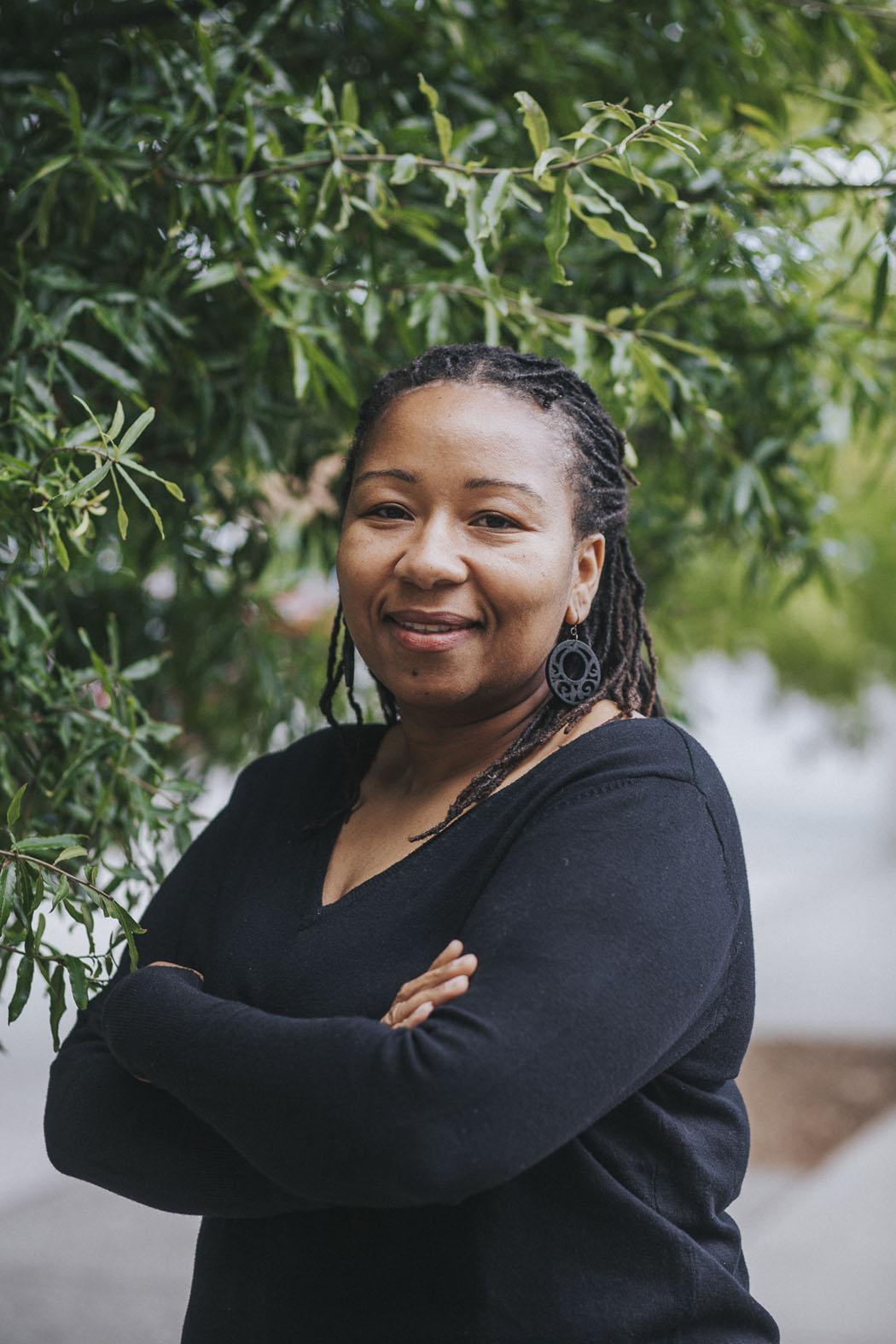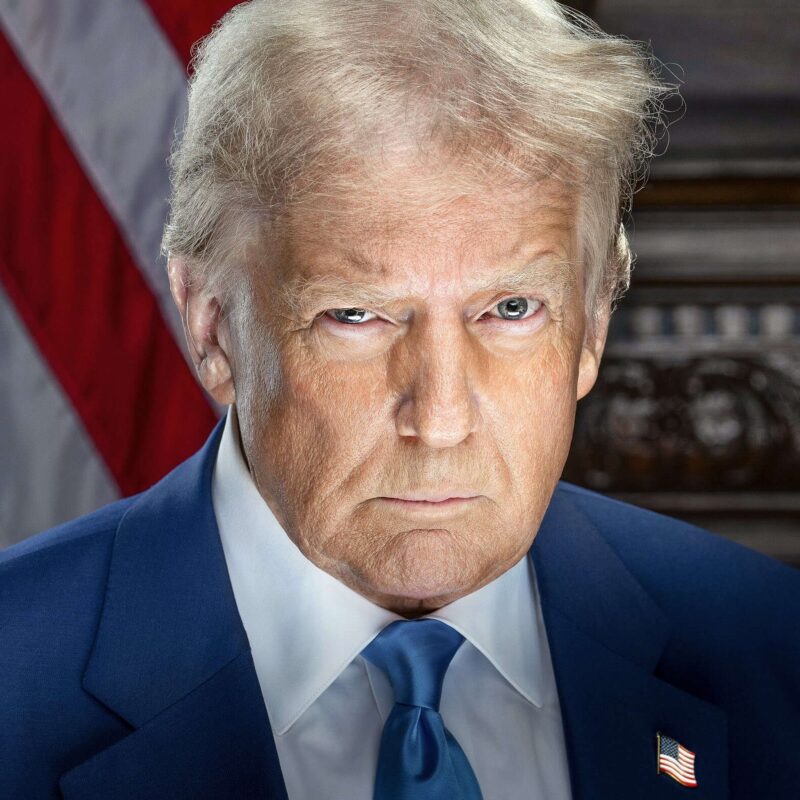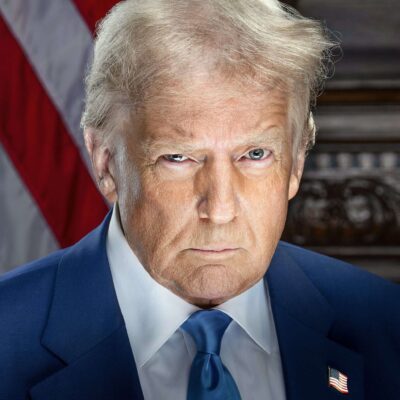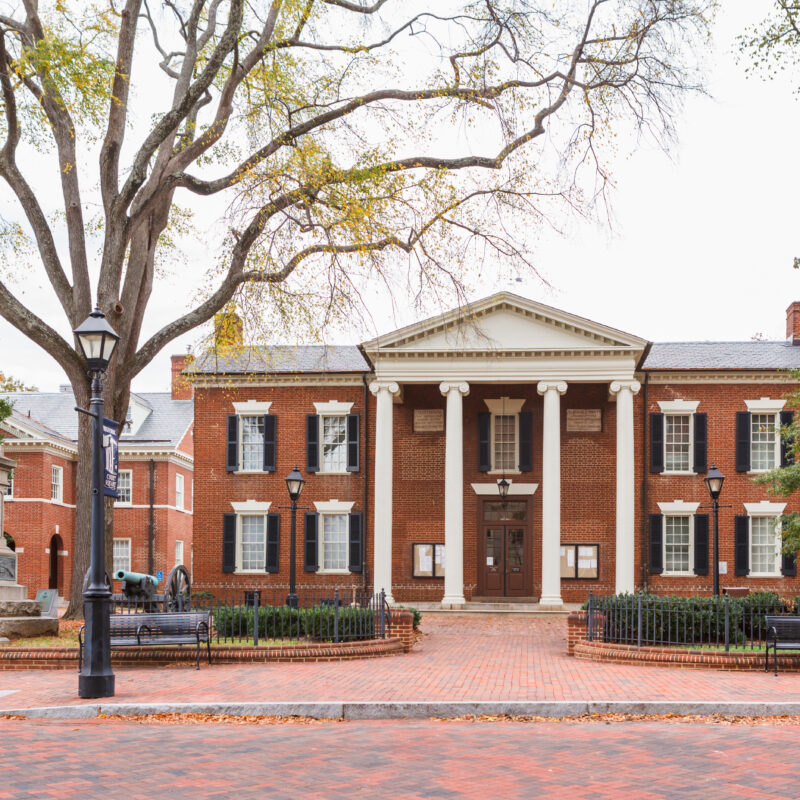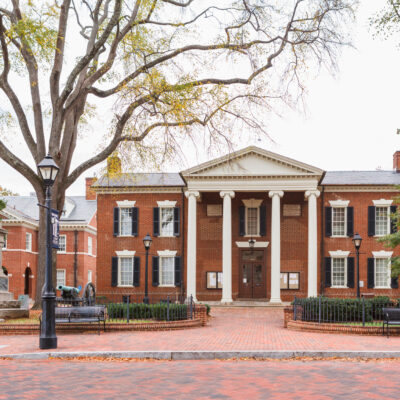Charlottesville Mayor Nikuyah Walker has called off her re-election campaign. She had planned to compete this November for a second four-year term on City Council, but pulled her name off the ballot last week in the immediate wake of the firing of Police Chief RaShall Brackney. Walker, the city’s first Black woman mayor, was elected in 2017 following the deadly white supremacist Unite the Right rally. Her term will end on December 31.
“I’ve wanted to stay and fight because the only people who will lose will be Black and other vulnerable people in this community,” Walker wrote in a Facebook post last Wednesday.
“I’ve been fighting overt, covert, and internalized racism everyday of my life, and it feels like it has been more prominent than oxygen during my time on council,” she continued. “However, I still managed to get up everyday and work for pennies to make this community a better place. I fight for you all as if I earn billions. I am tired.”
Walker did not respond to a request for comment from C-VILLE, though she did speak to The Washington Post, directly tying her resignation to Brackney’s firing. “They fired [Brackney] for doing exactly what she was hired to do, and they can’t give an answer as to why,” Walker told the Post. “If this is how a local government is going to operate, the work that I was elected to do isn’t even possible.”
City Manager Chip Boyles fired Brackney on September 1, saying in a brief press release that he supported her efforts to fight racism in the department but wanted a leader who was “effective [at] building collaborative relationships with the community, the department, and the team at City Hall.” The firing came shortly after publication of an anonymous survey of police officers criticizing the chief, though the city manager and some councilors say the survey and the firing are unrelated.
The mayor made her announcement the morning after a heated City Council meeting, which Walker said was the “final straw” after several months of contemplating dropping out of the race.
In February, Walker faced public scrutiny when she announced she was being investigated for using her city-issued credit card to buy gift cards to hand out to city residents who spoke at council events. (There was no criminal investigation, and the credit card policy was later revised.) The following month, the mayor received national attention after penning an explicit poem highlighting the city’s racist past and present.
During last week’s meeting, Walker asked to add a discussion of the controversial firing of Brackney—the first Black woman to occupy the position—to the council’s consent agenda, but no other councilor seconded her motion. Still, Walker thanked Brackney, who led the department since June 2018, for her leadership, and apologized on behalf of the city “for a termination that tarnished her reputation.”
“To take what doesn’t seem like much information and terminate her in this very public way, release press releases without names on it…and not own to the community what you’ve done, that is shameful,” Walker directed at Boyles.
During public comment, several local Black activists and residents criticized the councilors for not seconding the mayor’s motion, and voiced frustration with the city’s treatment of Black leaders.
“If you don’t want to be accused of racism, stop doing racist things. We as a people deserve better than this,” said Don Gathers.
“We’re tired of these gunshots. We’re tired of not being able to be listened to as a community,” said Rosia Parker. “Y’all are harming my children, my grandchildren, and the generations to come, which have already been afflicted for 400 years.”
In response to those comments, Councilor Lloyd Snook said it was unclear if the city was allowed to discuss Brackney’s dismissal publicly.
“There are libel, slander, and other procedural issues that may come up. We’re opening ourselves up for more problems,” said Snook.
Walker later asked her fellow councilors if they held secret meetings with Boyles and had advance knowledge of Brackney’s termination. All said no, but Snook, Councilor Heather Hill, and Vice-Mayor Sena Magill expressed their support for Boyles’ decision.
Michael Wells, representing the Virginia Police Benevolent Association, called in to the meeting to commend Boyles “for doing the right thing and a good job,” and criticized Brackney for the department’s issues with “internal procedural justice.” He also claimed that the department doesn’t target people of color, but “people who break the law.”
When Walker later asked Wells if he secretly recorded meetings with Assistant Police Chief James Mooney and used them to threaten Boyles, Wells refused to answer and asked her for “facts about racist policing” before hanging up.
In her post announcing her withdrawal, Walker criticized Councilor Michael Payne for not defending her during the meeting, as well as Magill, Hill, and Snook for upholding white supremacy. She also expressed disappointment in Boyles, and emphasized the need for a new form of city government allowing the voters—not council—to elect the city manager.
“Dear Black People: I feel like I’ve failed you…Every time an image of a little Black girl pops into my head, I fall apart,” wrote Walker.
Walker said that many people tried to convince her to run again, but “I’m losing myself right now,” she wrote at the end of the message. “I need to choose me.”
